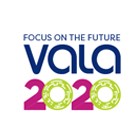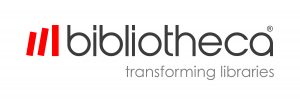Pathways for linked data integrations with the FOLIO library services platform
This session is sponsored by Bibliotheca
VALA2020 CONCURRENT SESSION 15
Thursday 13 February 2020, 2:20 – 2:50
Christie Thomas
- Head, Data Management Services
- University of Chicago Library
Please tag your comments, tweets, and blog posts about this session: #vala2020 #s36
Read the paper and view the video of the presentation on the VALAView channel here:
Abstract
The University of Chicago Library is currently engaged in a number of small- and large-scale linked data projects. At the same time, the Library is an active member of the FOLIO community, contributing to the development of the open source software and planning for implementation. This paper will introduce the FOLIO project, explore how participation in linked data activities informed FOLIO development, and examine potential pathways to linked data adoption in libraries with FOLIO.
This work is licensed under a Creative Commons Attribution-NonCommercial License.

